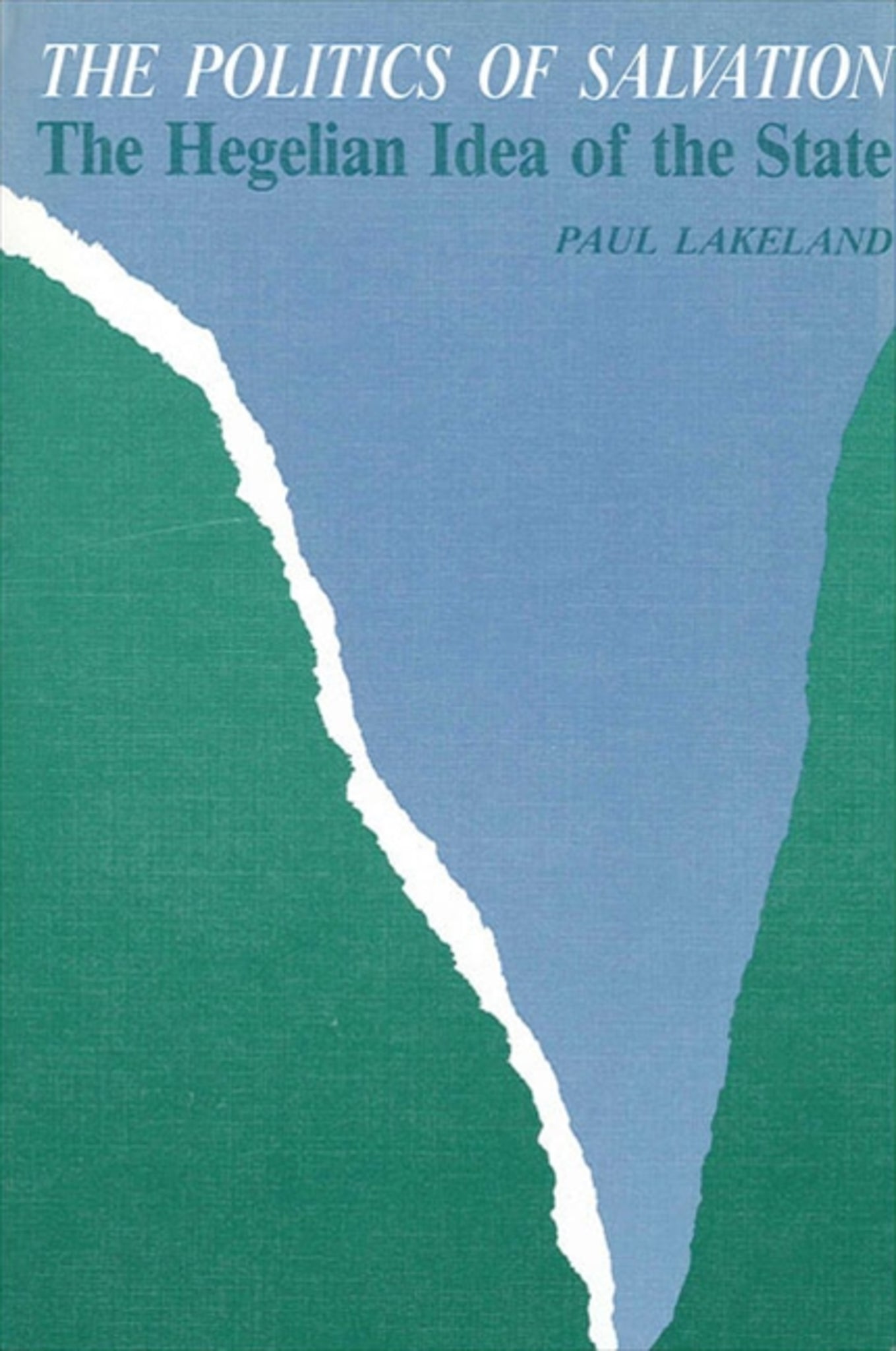We're sorry. An error has occurred
Please cancel or retry.
The Politics of Salvation

Some error occured while loading the Quick View. Please close the Quick View and try reloading the page.
Couldn't load pickup availability
- Format:
-
30 June 1985

The Politics of Salvation takes a radical stance: it focuses on the significance of the state in the Hegelian system when it is viewed as inspired and motivated by the Christian notion of God. The book thus makes connections between Hegel's political philosophy and his explicit appropriation of Christianity's incarnational mode of thinking. In unfolding the implications of this position, Lakeland shows how Hegel's thought can offer the basis for a non-dualistic account of the human being as religious and political. This conjunction allows for a theology which sees politics as the arena of salvation providing a practical religious outlook relevant to the contemporary world and, in particular, to the commitments of Latin America's liberation theology.
The author writes: "If Hegel can be understood (as he frequently expressed himself) as expressing conceptually in speculative philosophy what religion expresses in the form of image and representation, then the covenantal demands of justice and freedom from oppression, the Christian struggle for a free and authentic humanity, and Christian hope in the kingdom of God, will all find their counterpart in the Hegelian system." Thus this Hegelian political theology can "illuminate the connections between the expectation of salvation and the struggle for liberation."


"The combination of extensive and accurate scholarship with an acute critical capacity enables Lakeland to see directions in which Hegel's thought is moving, so that it is applicable today to situations which Hegel himself did not experience. Thus, it is not simply a report on or an exposition of Hegel's thought, it is an original contribution to philosophical, political, and religious thinking." — Quentin Lauer, S. J.
PREFACE AND ACKNOWLEDGMENTS
LIST OF ABBREVIATIONS
INTRODUCTION: HEGEL AND LIBERATIVE PRAXIS
I. THE STATE IN THE SYSTEM
II. THE STATE
Objective and Absolute Geist
Ethical Substance: the Tension Between Individual and State
State and History
III. RELIGION
What is Religion for Hegel?
What is Christianity for Hegel?
Religion and the State
Will Religion Last? Its Relation to Philosophy
IV. CHRISTIANITY AND SECULARIZATION
God-concepts
The Autonomy of the Secular
Secularization and Incarnation
V. POLITICS AS SALVATION
Praxis: the Dialectic of Individual and Community
The Dialects of Kingdom and World
Volksgeist and Weltgeist: the Dialectic of State and World
Liberative Praxis: A Practical Postscript
VI. A THEOLOGICAL POSTSCRIPT
Prayer and Politics
The Church and the State
Optimism and Evil
NOTES
BIBLIOGRAPHY
INDEX



